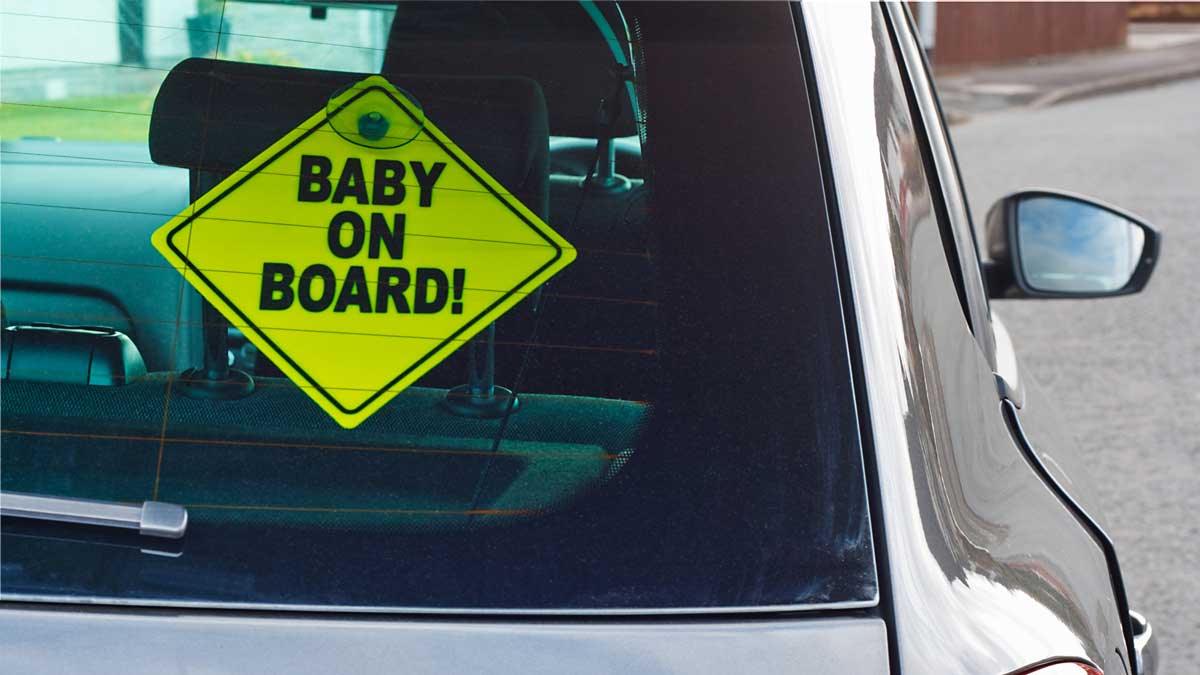By Nick Massey
December 7, 2021
Savings us from ourselves
If you have ever studied the history of the US Federal Reserve, you would have learned that the Fed is supposed to be independent. Sometimes it is, to a degree, and sometimes it isn’t. The current Fed is constrained by politics. What is the worst thing in the world for the Fed? People losing their jobs.
The Fed has a dual mandate (unfortunately), and that is price stability (inflation control) and maximum sustainable employment. Most central banks around the world have one mandate. Over the last 20 years or so, we’ve seen a massive shift from the inflation side of the mandate to the employment side of the mandate. Our Fed doesn’t really care that much about inflation, as long as people don’t lose their jobs. This will likely continue until the pain of inflation exceeds the pain of unemployment.
One thing about finance is that there are always precedents. If you read a little bit about the Burns/Miller Fed of the ‘70s, they were captive to the same sort of politics as today, and the Fed only took action once the pain of inflation was worse than the pain of unemployment.
In the late 1990s, it was a different kind of Fed. Back then, there were discussions about whether the Fed could spot an asset bubble and whether it had the responsibility to pop it. The federal funds rate rose to 6.5 percent by the end of 1999. At that point in history, 6.5 percent in a money market account looked pretty good. Some people were wondering if maybe they shouldn’t be messing around with stocks when you could make that much with little or no risk. Many people acted accordingly (and as a point of reference for those who might not remember it, the current federal funds rate is 0.08 percent).
Not long afterward, the bubble popped, unemployment rose, and the dot-com bust happened. Let’s examine why at some points in history, people are okay with bad outcomes, and at other points, they aren’t. I want to examine the psychology behind this because it is quite fascinating.
It’s not just economics. What else have we seen in the last 20 years? The push toward safety.
Perhaps, it all started with those blasted “Baby on Board” signs. It basically says, “I have a child in the car, so please drive carefully around me.” Harmless, but really annoying. Then, everyone started wearing bicycle helmets. Seat belt compliance went to almost 100 percent. I recall from the ’60s that no cars came with seatbelts, and if you wanted them, you had to have them installed. In high school, there was a girl I wanted to go out with, but her father wouldn’t let her ride with me unless I had seatbelts. So, I got seatbelts, but I don’t think we ever actually used them.
We developed this whole lexicon around safety. I’m not saying this was a bad thing, but it certainly became a different mindset. When the current Covid-19 pandemic first started, we told each other to be safe.
We required backup cameras on all new cars and trucks, requiring a huge capital investment on the part of automakers (and increased prices for consumers) to save a handful of lives each year. The calculus on saving lives totally changed. In the past, one would do a cost-benefit analysis, and now, any amount of money will be spent as long as it saves one life. Maybe that’s a good thing, but I’m not sure everyone would agree.
Then, 9/11 happened, and we created a whole new federal bureaucracy (the Department of Homeland Security) and a smaller one within it (the Transportation Security Agency) to keep people safe. Of course, that is the ultimate expression of not allowing any bad outcomes because if you make one mistake, it could be catastrophic. I think the terrorists won on that one.
Is this progress? Maybe. Maybe we have a greater appreciation for the sanctity of life. We see this elsewhere in the financial world. Banks no longer take risks, partly for regulatory reasons and partly out of a desire to avoid losses. To use a baseball metaphor, Hedge funds no longer swing for the fences. Investing in a hedge fund used to be like buying a call option with big upside potential. Now, it is like selling a call option for income, except for the basement dwellers in their gaming chairs trading the latest meme stock and bitcoin. Risk appetites have declined across the board.
The world we live in is less dangerous, more antiseptic, and less fun than it was 20 years ago. It’s a huge cultural shift, and it’s reflected in finance. Maybe that’s a good thing, but what do I know?
We have a free-market economy, sort of. In the past, it was generally accepted that we had economic expansions and recessions. Now, we think we can manipulate the economy so nothing bad ever happens. How is that working out? Some people would lose their jobs during recessions, temporarily collect unemployment benefits, and then find different jobs. No big deal, unless you’re the one losing a job. Now, it is a big deal. There was the old joke that said, “A recession is when you lose your job; a depression is when I lose mine.”
Of course, the current pandemic shifted these cultural attitudes even further. We are completely unwilling to accept bad outcomes of any sort. In one sense, it is a fear of failure, but it is bigger than that. It is also an expression of omnipotence, that somehow we actually have the power to control our environment to prevent anything bad from happening ever again.
The desire for safety, the “woke” ideology, and risk-taking, are all connected. Nobody wants to feel unsafe. This will continue until we accept that sometimes there are risks in life. When do we reach the tipping point? I have no idea, but in the economic realm, we have to get to the point where we fear inflation more than we fear unemployment. We must get to the point where we fear lockdowns more than we fear the coronavirus, etc. We must fear the cure more than we fear the disease.
At the moment, inflation is merely a nuisance. The future will be interesting.
Subscribe to Email Updates
Subscribe
Get Edmond Business news in your inbox.

About Nick Massey
Nick Massey is a retired financial advisor and CFP, and former President of Massey Financial Services. He can be reached at nickokc@hotmail.com.



